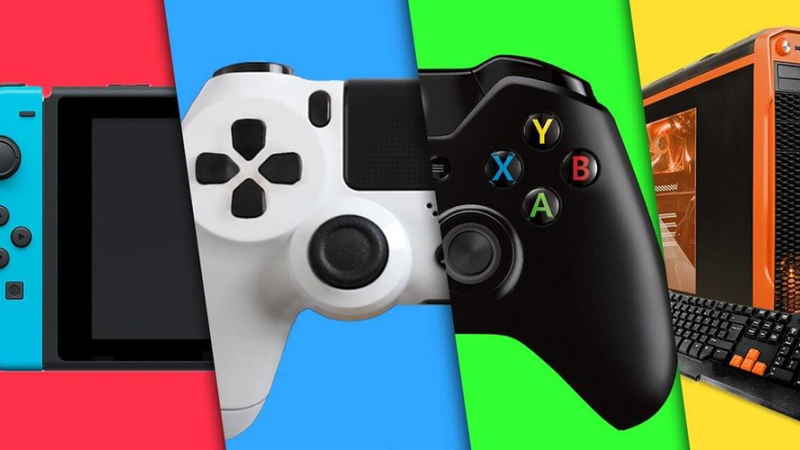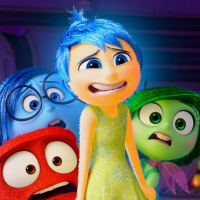
In the ongoing evolution of the gaming industry, one trend has emerged as a game changer - cross-platform gaming. Traditionally, gamers have been limited by the type of console they own. However, the rise of cross-platform gaming is eroding these boundaries, allowing for a more inclusive, social, and interactive gaming experience regardless of the device in use. This innovative technology lets gamers play the same game on different platforms, be it on a PC, Xbox, PlayStation, or Nintendo Switch. This article explores the rise of cross-platform gaming, its impact on the gaming community, and what it means for the future of the industry.
The Emergence of Cross-Platform Gaming
The concept of cross-platform gaming isn't entirely new. As early as the 1980s, games like "Ultima III" allowed players to save their game on one platform and continue on another. However, it wasn't until the advent of digital distribution platforms like Steam and the proliferation of mobile gaming that cross-platform play truly began to take off. Companies like Microsoft and Sony started to focus on the potential of uniting their player bases, leading to a dramatic increase in cross-platform games. The technology behind cross-platform gaming involves sophisticated programming and requires intricate cooperation between different console manufacturers, making it a remarkable feat in the gaming industry.
The Impact of Cross-Platform Gaming on the Gaming Community

The rise of cross-platform gaming has had a profound impact on the gaming community. For one, it increases the longevity and popularity of games. Cross-platform games have a larger player base, which means more competition and more people to interact with. It also means that players aren't confined to playing with friends who own the same console. Additionally, cross-platform gaming reduces the need for players to invest in multiple consoles. This can significantly lower the cost of entry into gaming, making it more accessible to a wider audience and indirectly sparking growth in the gaming industry.
The Challenges of Cross-Platform Gaming
Despite its benefits, cross-platform gaming also poses several challenges. One of the prime issues is the balancing of gameplay. Given that different platforms have varying capabilities and controllers, ensuring fair competition can be tricky. For instance, a player using a keyboard and mouse may have an advantage over someone using a console controller. Another challenge is the potential for technical difficulties. Cross-platform gaming requires tremendous synchronization and compatibility across different devices, which can lead to glitches and performance issues. Furthermore, not all gaming companies are keen on supporting cross-platform play, leading to a lack of universal support across all titles.
The Future of Cross-Platform Gaming

Despite the challenges, the future of cross-platform gaming appears bright. With technological advancements, developers are finding ways to overcome technical difficulties and level the playing field for all gamers. Moreover, the success of prominent cross-platform games like Fortnite and Call of Duty: Warzone is creating a push for more game developers to embrace this trend. The progressive nature of the gaming industry suggests that cross-platform gaming will continue to grow, forever changing the way we play and interact with games. In the end, the rise of cross-platform gaming represents a step towards a more inclusive and united gaming community - a future where the game matters more than the platform on which it's played.





